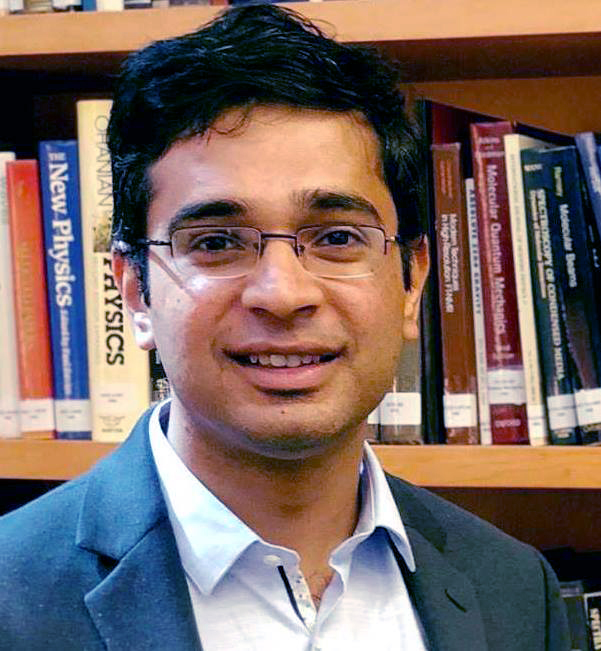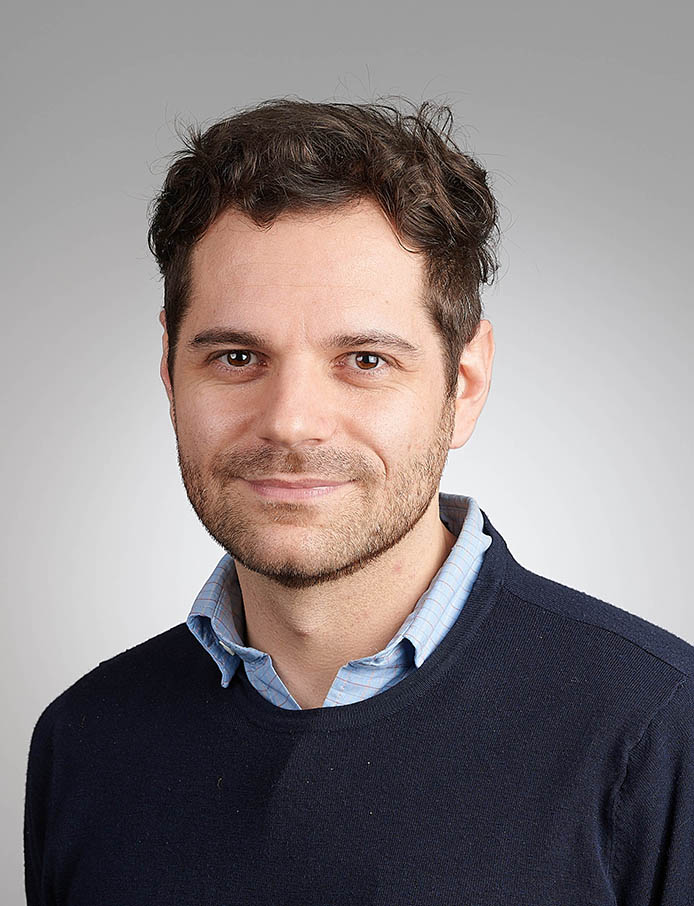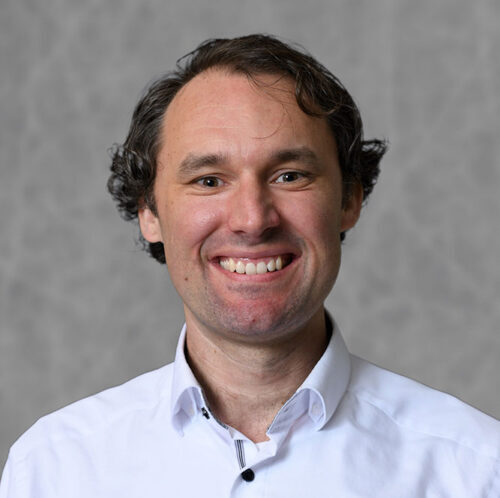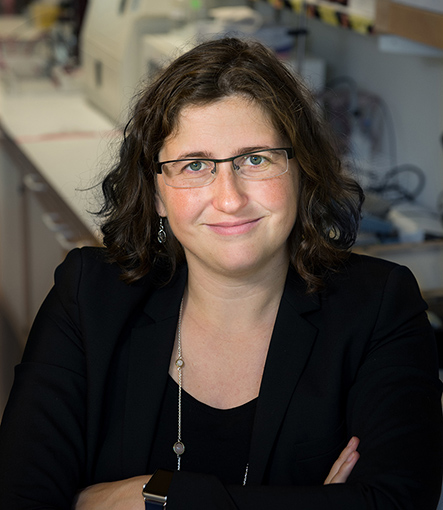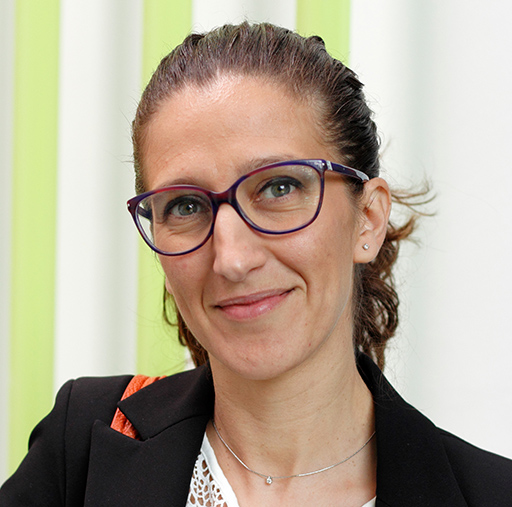Raymond Andrew Prize
The Raymond Andrew Prize is awarded to young scientists for an outstanding
PhD thesis in magnetic resonance.
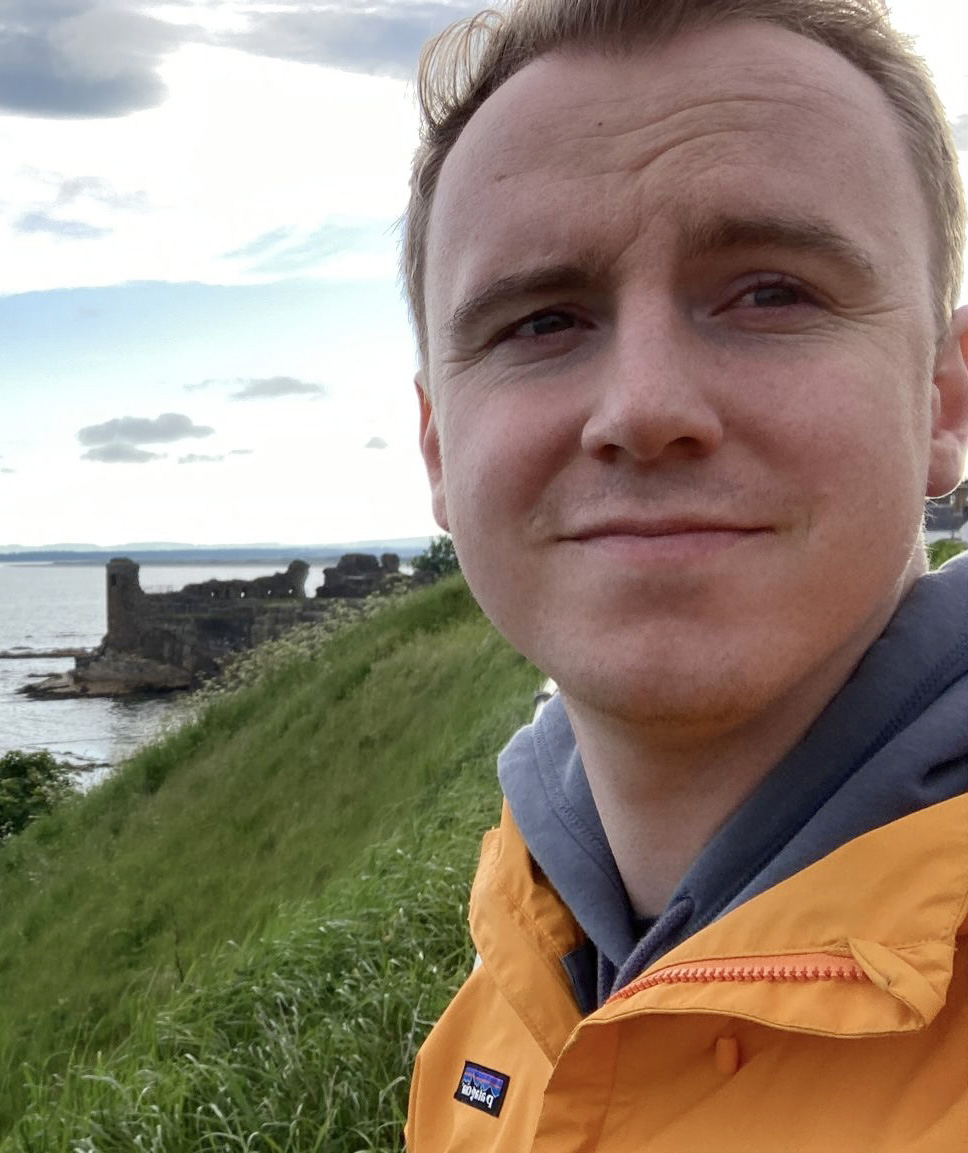
Euromar 2023
Dr. Nino Wili
New electron spin resonance experiments with tailored waveform excitation Written under the supervision
of Prof. Gunnar Jeschke, ETH Zurich, Switzerland.
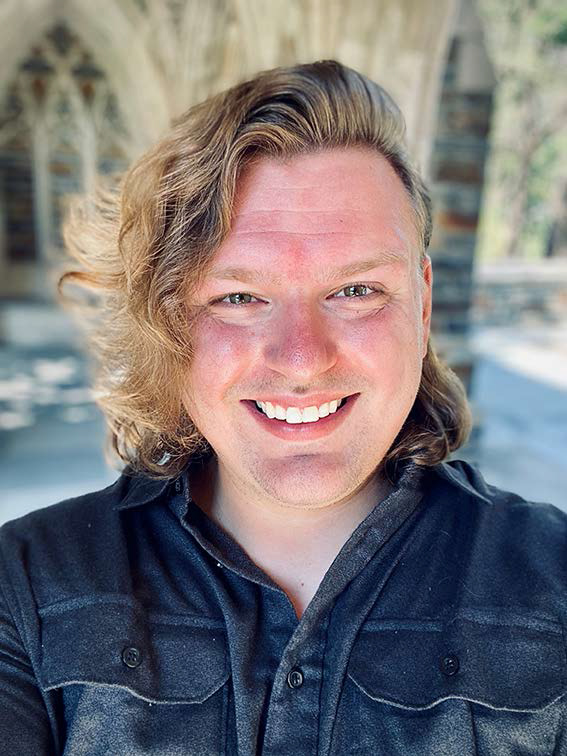
Euromar 2022
Dr. Jacob R. Lindale
Understanding and
Optimizing Dynamics in Hyperpolarized Magnetic Resonance Written under the supervision
of Prof. Warren S. Warren, Duke University, USA.
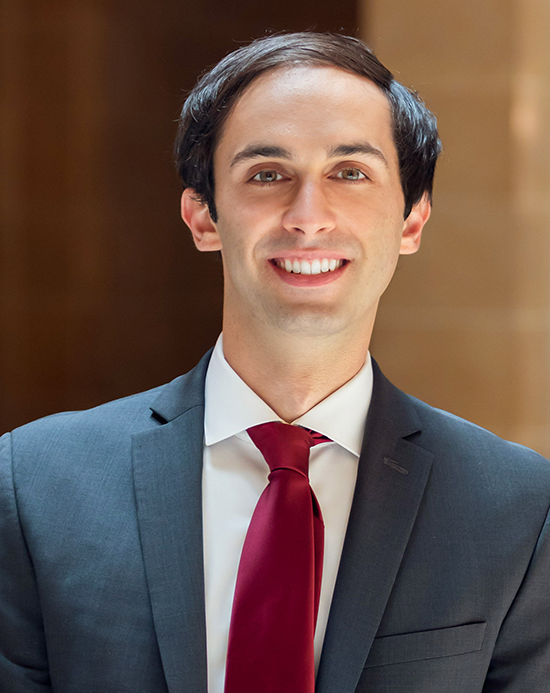
Euromar 2021
Dr. Reid Alderson
Protein folding
investigated by NMR spectroscopy. Written under the supervision of Prof. Benesch
and Prof. Baldwin, Oxford University, England and Prof. Bax, NIH, USA.
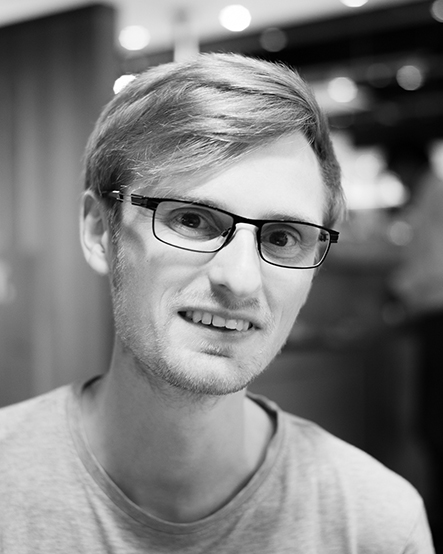
Euromar 2020
Dr. Christian Bengs
Non-Equilibrium
Nuclear Spin States. Written under the supervision of Prof. Malcolm H.
Levitt at the University of Southampton, England.

Euromar 2019
Dr. Thach V. Can
New Methods
for Dynamic Nuclear Polarization in Insulating Solids:
The Overhauser Effect and Time Domain Techniques.
Written under the supervision of Prof. Robert G. Griffin at the Massachusetts
Institute of Technology, USA.
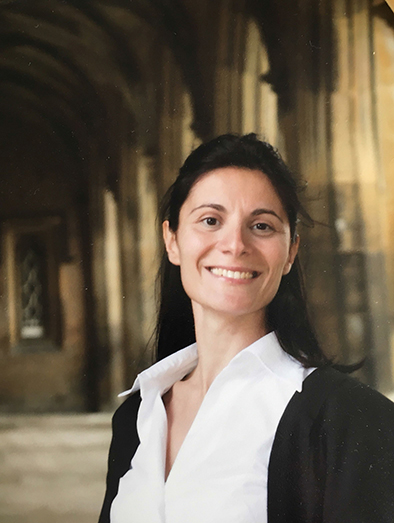
Euromar 2018
Dr. Giuliana Fusco
Structural
Properties of α-Synuclein in Functional and Pathological Contexts.
Written under the supervision of Prof. C.M. Dobson at the University
of Cambridge, United Kingdom.

Euromar 2017
Dr. Andrin Doll
Frequency-Swept Microwave Pulses for Electron Spin
Resonance.Written in the group of Prof.
Gunnar Jeschke at ETH Zurich, Switzerland.
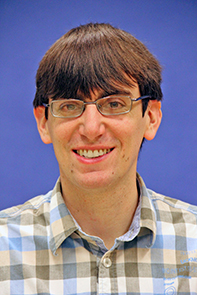
Euromar 2016
Dr. Frédéric A. Perras
Structural Insights from the NMR Spectroscopy of
Quadrupolar Nuclei: Exploiting Electric Field Gradient and
Spin-Spin Coupling Tensors.Written in the group of Prof. David
Bryce at the University of Ottawa, Canada.
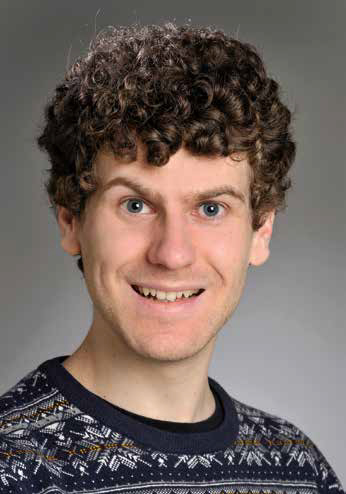
Euromar 2015
Dr. Jean-Philippe Demers
From Slow to Ultra-fast MAS: Structural Determination of Type-Three
Secretion System Bacterial Needles and Inorganic Materials by Solid-State NMR.
Written in the group of Prof. Adam Lange at the Max Planck Institute
for Biophysical Chemistry, Göttingen, Germany.
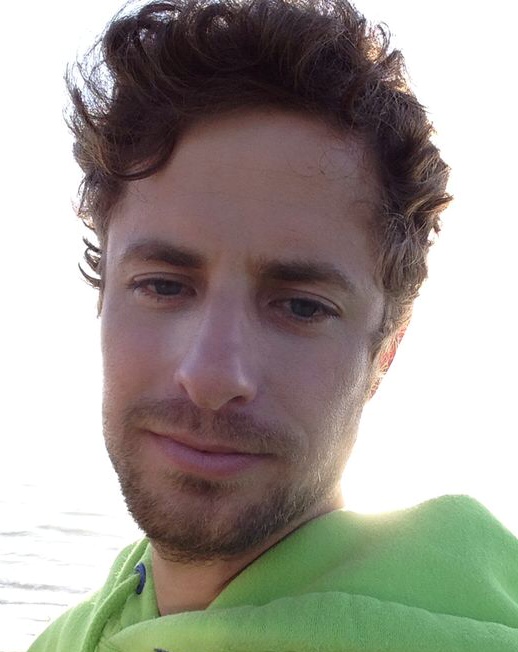
Euromar 2014
Dr. Oliver Duss
Assembly, 70 kDa solution structure and mechanism of action of the bacterial
non-coding RNA RsmZ in complex with the global regulatory protein RsmE.
Written in the group of Prof. Frédéric Allain, ETH Zurich, Switzerland.
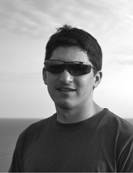
Euromar 2013
Dr. Michael C.D. Tayler
Theory and practice of singlet nuclear magnetic resonance.
Written in the group of Prof. Malcom Levitt, University of Southampton, England.
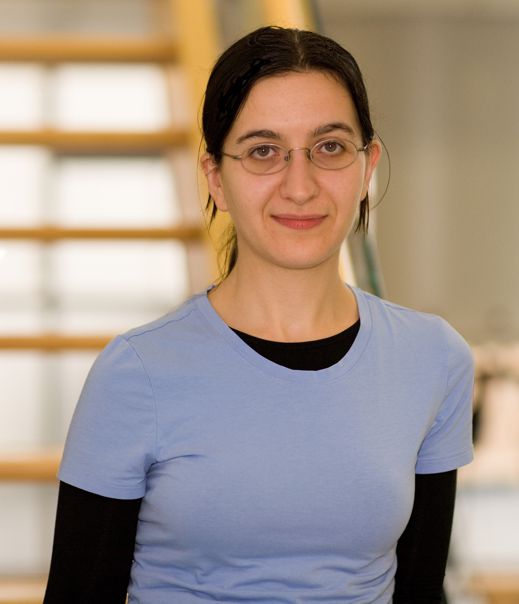
Euromar 2012
Dr. Galia T. Debelouchina
Amyloid Fibril Structure of Peptides and Proteins by Magic Angle Spinning
NMR Spectroscopy and Dynamic Nuclear Polarization.
Written in the group of Prof. Robert G. Griffin, MIT, USA.

Euromar 2011
Dr. Mark Hunter
Measurement and Simulation of the Nonlocal Dispersion Tensor in Porous Media.
Written in the group of Prof. Paul Callaghan, MacDiarmid Institute, USA.
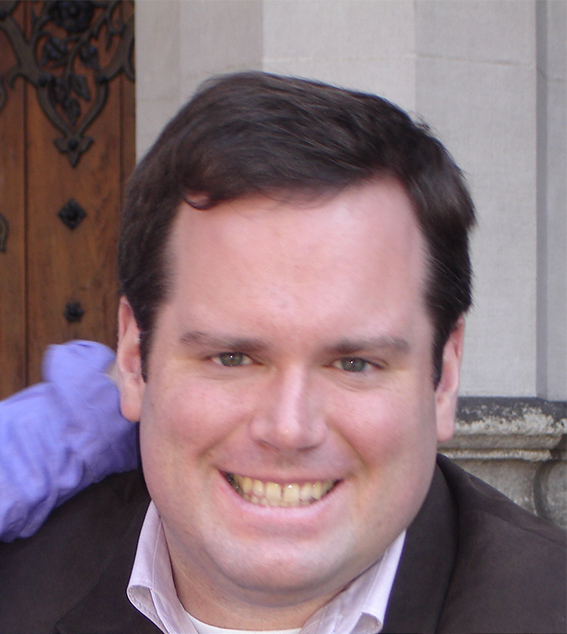
Euromar 2010
Dr. Benjamin Wylie
Solid-State Magic Angle Spinning NMR Methods for Tensor Measurements and
Protein Structure Refinement Using Chemical Shift Tensors.
Written in the group of Prof. Chad M. Rienstra, University of Wisconsin-Madison, USA.
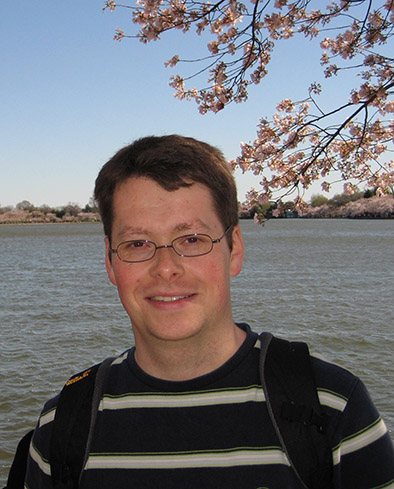
Euromar 2009
Dr. Nils Lakomek
New Methods in NMR Spectroscopy for the Study of Protein Dynamics.
Written in the group of Prof. Christian Griesinger, Max Planck Institute,
Germany.
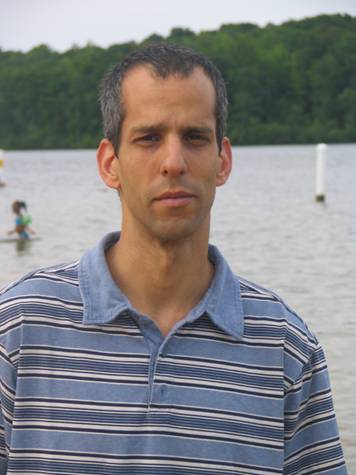
Euromar 2008
Dr. Boaz Shapira
Ultrafast two-dimensional NMR spectroscopy: development of a new tool for
structural and dynamic analysis in the chemical and life science.
Written in the group of Prof. Lucio Frydman, Weizmann Institute of Science,
Israel.
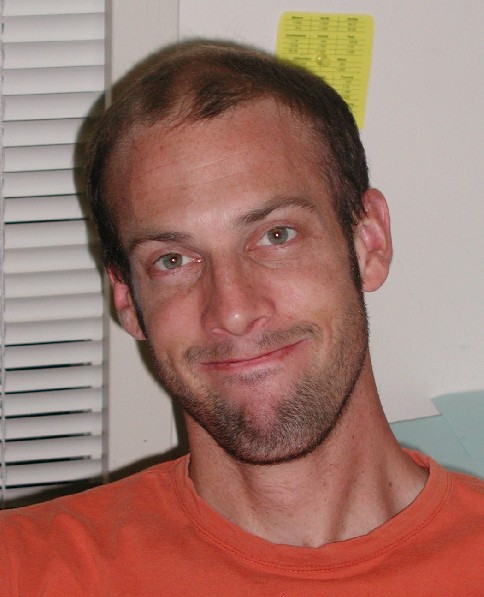
Euromar 2007
Dr. Christian Degen
Magnetic Resonance Force Microscopy: NMR Spectroscopy on the Micro- and Nanoscale.
Written in the group of Prof. Beat Meier, ETH Zurich, Switzerland.
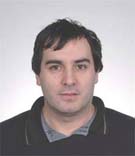
Euromar 2006
Dr. Carlos Mattea
Molecular dynamics in porous media studied by Nuclear Magnetic Resonance Techniques.
Written in the group of Prof. Rainer Kimmich, University of Ulm, Germany.
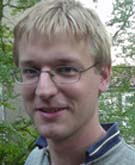
Euromar 2005
Dr. Christian Beat Hilty
NMR Studies of the Membrane Protein OmpXin DHPC micelles.
Written in the group of Prof. Kurt Wüthrich, ETH Zurich, Switzerland.
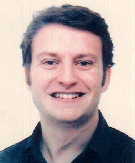
Euromar 2004
Dr. Fabien Ferrage
Proton Spectroscopy in Heteronuclear NMR of Biomolecules. Single-Transition
Cross Polarization and Heteronuclear Stimulated Echoes.
Written in the group of Prof. Geoffrey Bodenhausen, EPFL, Switzerland.
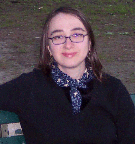
Euromar 2003
Dr. Elena Vinogradov
Protons in Solid State MAS NMR Spectroscopy.
Written in the group of Prof. Shimon Vega, Weizmann Institute of Science, Israel.
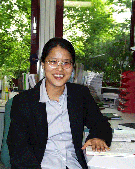
Euromar 2002
Dr. Song-I Han
Correlation of Position and Motion by NMR: Pipe Flow, Falling Drop and Salt Water Ice.
Written in the group of Prof. Bernhard Blümich, RWTH Aachen University, Germany.



